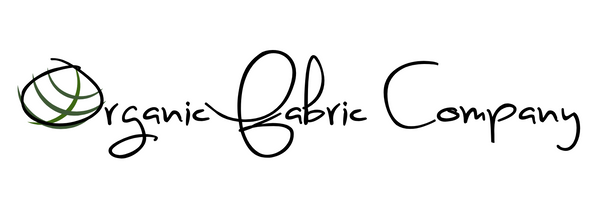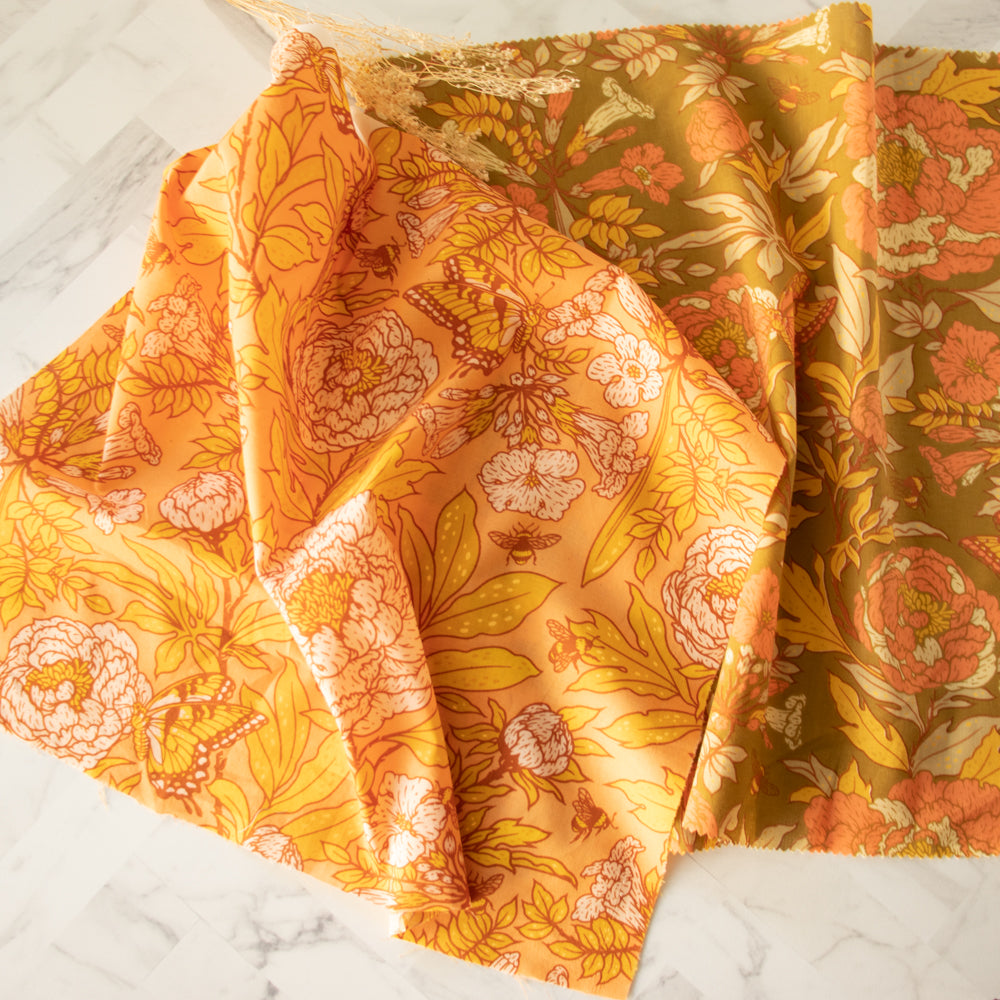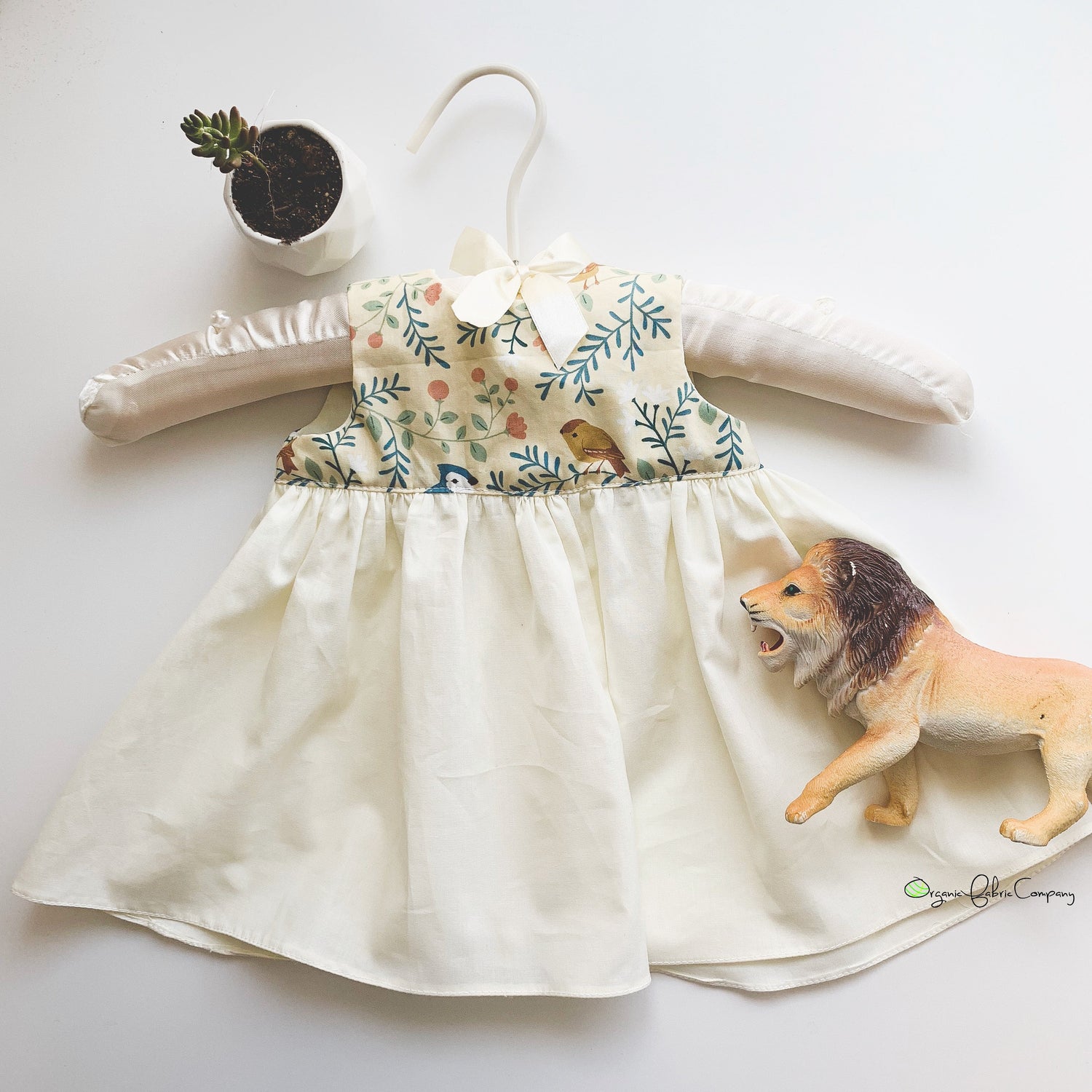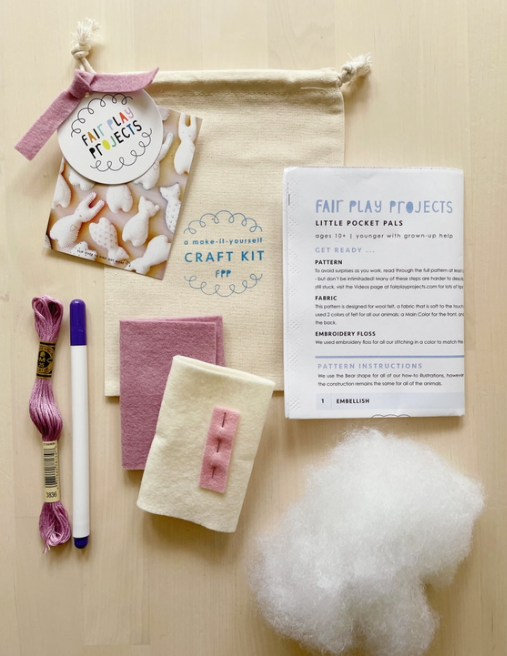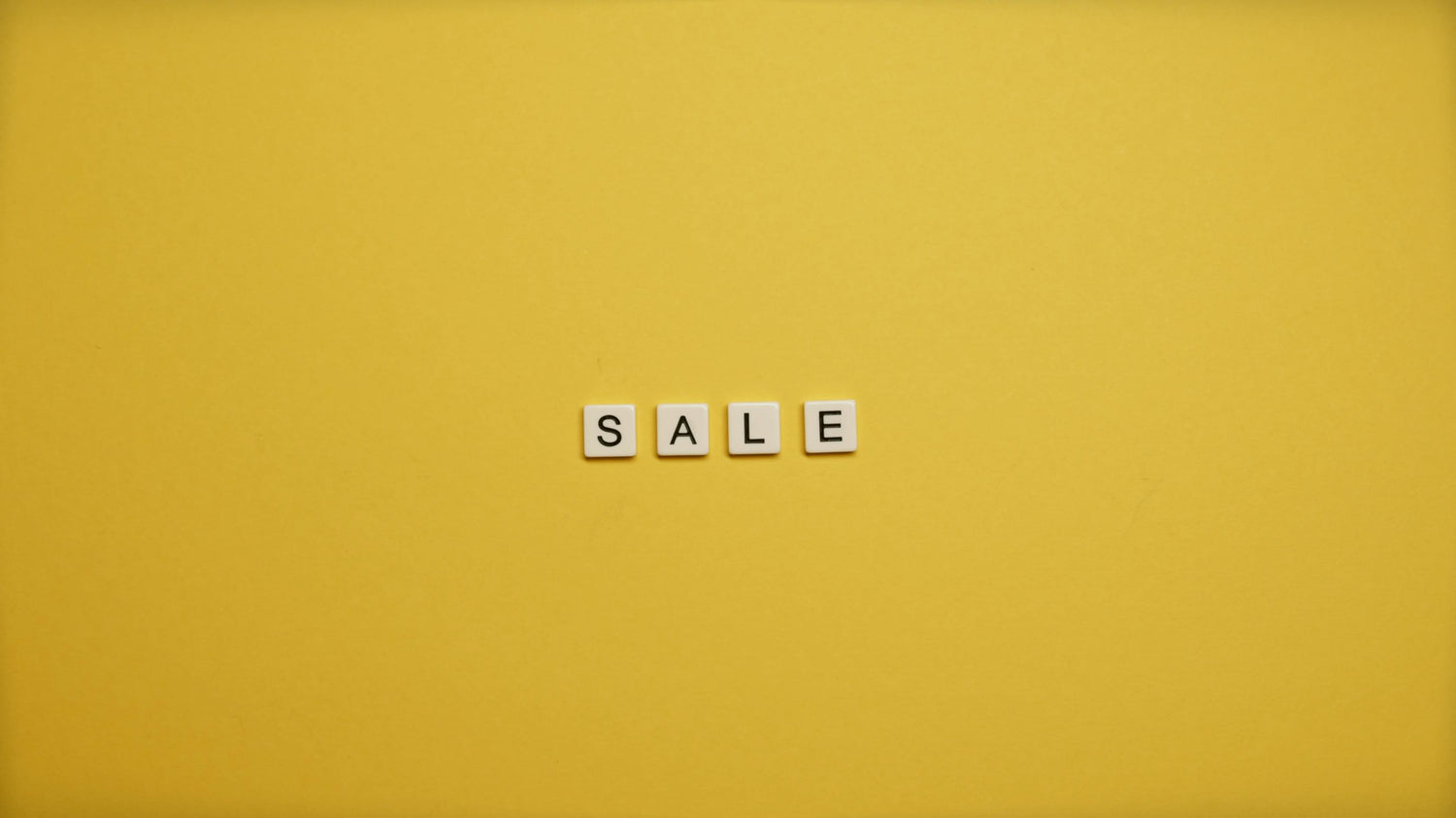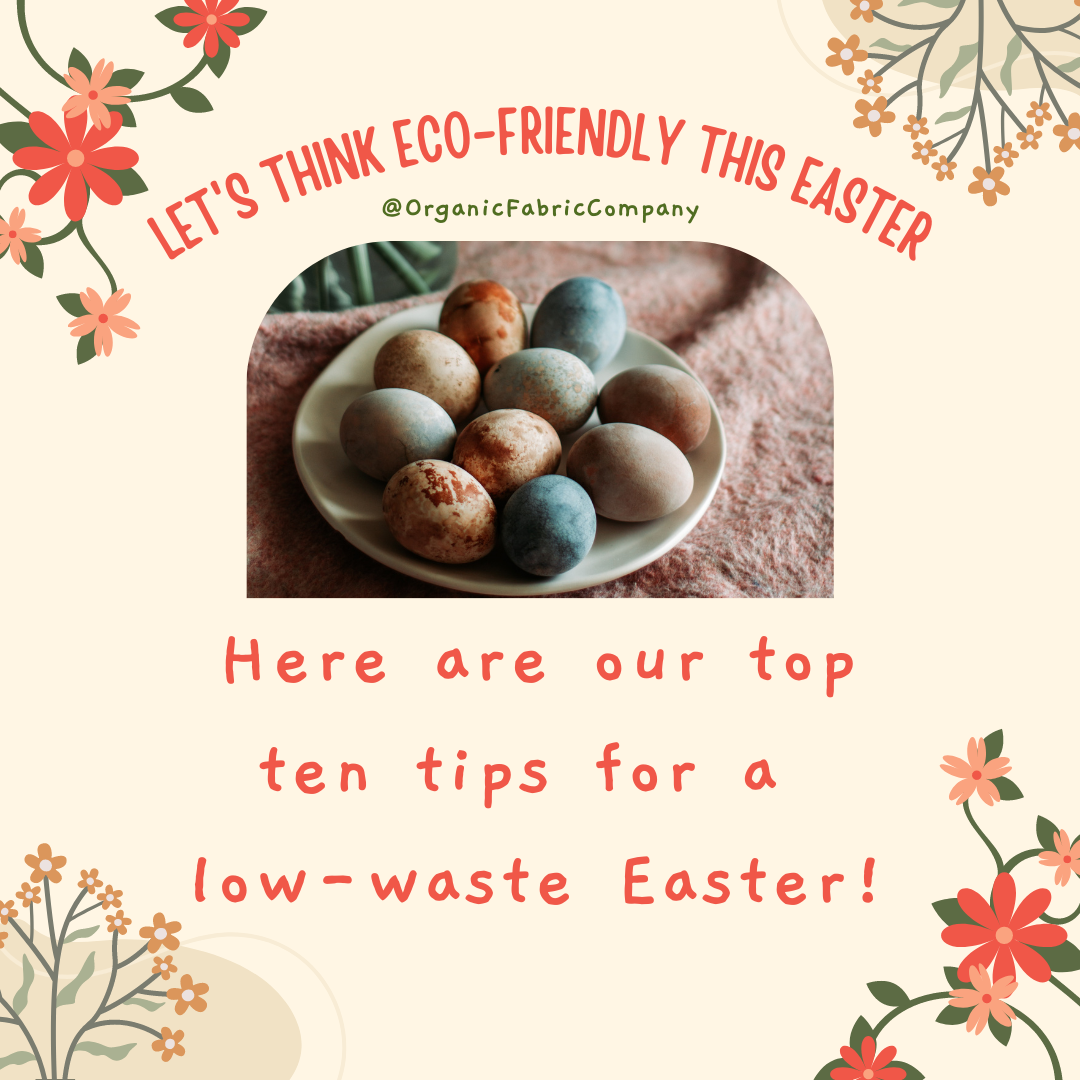
Here are Our Top Ten Tips for Low-Waste Easter Baskets
As Easter approaches, many of us start planning Easter baskets for our kids or loved ones. However, in the midst of all the excitement, it's important to consider the environmental impact of our choices. Here are ten things an eco-conscious person should avoid when it comes to Easter baskets for kids:
- Single-Use Plastic Eggs: Single-use plastic eggs are a common sight during Easter, but they are an environmental nightmare. They take hundreds of years to decompose and often end up in the ocean where they can harm marine life. Instead, consider using real boiled eggs or wooden eggs that can be used year after year.
- Plastic Easter Baskets: Avoid plastic Easter baskets at all costs. Not only are they made from non-biodegradable materials that will take hundreds of years to decompose, but they are often cheaply made and not built to last. Instead, opt for a basket made from natural materials, such as woven bamboo or recycled paper.
- Plastic Grass: This fake grass may seem like a fun addition to an Easter basket, but it's not biodegradable and can end up in landfills forever. Instead, consider using natural materials such as shredded paper, hay, or even real grass from your yard.
- Conventional Candy: Many of the candies found in Easter baskets are packed with artificial colors, flavors, and preservatives. Not only are they unhealthy for kids, but they often come wrapped in plastic packaging that is not recyclable. Instead, consider making your own healthy snacks or buying organic, fair-trade chocolates. We generally skip the sweets altogether.
- Disposable Plastic Toys: Cheap plastic toys that are included in Easter baskets are not only bad for the environment but can also be harmful to children's health. Many of these toys are made from toxic materials that can leach into the soil and groundwater. Instead, consider buying high-quality craft-kits (we sell some!) or toys made from natural materials that can be passed down to younger siblings or donated to charity.
- Non-Recyclable Packaging: Be sure to read the labels on any items you include in an Easter basket. Items that come in non-recyclable packaging, such as foil-wrapped chocolates or plastic-wrapped toys, should be avoided. Instead, choose items that are packaged in recyclable materials or no packaging at all.
- Mass-Produced Items: Items that are mass-produced often come with a heavy carbon footprint due to the energy and resources needed to manufacture and transport them. Instead, consider buying handmade or locally sourced items that are made with care and attention to detail.
- Non-Sustainable Palm Oil: Many candies and snack foods contain palm oil, which is often harvested in unsustainable ways that contribute to deforestation and habitat destruction. Instead, look for products that use sustainable palm oil or avoid palm oil altogether.
- Disposable Tableware: If you're hosting an Easter gathering, be sure to avoid disposable decor and tableware such as plastic plates, cups, and utensils. Instead, use reusable dishes and cutlery or compostable and biodegradable options.
- Overconsumption: Finally, it's important to avoid overconsumption during Easter. While it's easy to get caught up in the excitement of the holiday, it's important to remember that excessive consumption of goods and resources has a significant impact on the environment. Instead, focus on quality over quantity and choose items that are durable and will last for years to come.

We originally posted this blog on OrganicFabricCompany.com in 2023.
